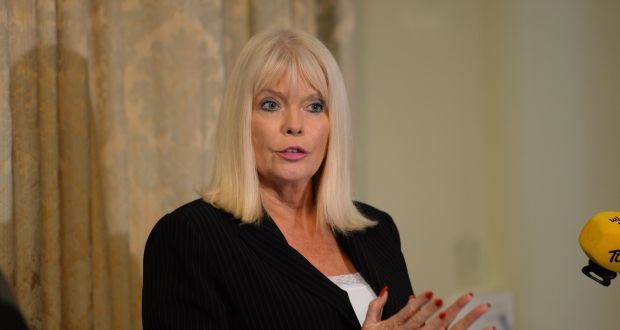A new report launched this evening highlights a lack of funding for resources that support people with intellectual disabilities in accessing higher education. The report calls for a national response to support people with intellectual disabilities transitioning from secondary education into further and higher education or employment.
The report, titled ‘Higher Education Opportunities for Students with Intellectual Disabilities in the Republic of Ireland – A National Response’, was launched by the Minister of State for Higher Education, Mary Mitchell O’Connor, at an event in Trinity this evening.
The report was compiled by the Inclusive National Higher Education Forum (INHEF), a national interest group of representatives of higher education providers and stakeholders.
The INHEF notes that people with intellectual disabilities have been largely absent from higher education in Ireland, despite increasing numbers now attending mainstream secondary schools, which they argue has led to higher levels of underemployment and unemployment among this group.
The report highlights ten higher education institutions who are currently exercising programmes that “collectively seek to include students in every aspect of life as a third level student”. It notes: “There is clear evidence that people with intellectual disabilities benefit from engagement with these programmes and it is regularly reported that these participants gain a stronger understanding of themselves and the world they live in.”
However, the report states that transition pathways to post-secondary provision for these students are often ad-hoc, and that making the progression to post-school educational provision relies heavily on the capacity of families.
Commenting on the report, Minister Mitchell O’Connor stated: “The ten higher education institutions offering special options for people with intellectual disabilities are enriching the lives and prospects of students and their families. I look forward to future engagement with the Inclusive National Higher Education Forum on the report and its findings.”
She added that “there have already been constructive discussions with officials” from her department.
INHEF chairperson Des Aston of the Trinity Centre for People with Intellectual Disabilities said of the report: “For the past number of years, we have seen a significant decrease in number of inclusive education initiatives in operation across Irish higher education providers. Many of these programmes have been discontinued due to the unsustainable nature of the funding models allocated.”
He stated that through the INHEF “people with intellectual disabilities are accessing meaningful education and training opportunities, with a view to becoming empowered and active citizens.
“In doing so, INHEF has built a network for sharing best practice which includes several models of inclusive higher education that are effective; now we are calling upon the government; the higher and further education sector; and employers nationally to make this model sustainable.”
The report particularly focuses on the lack of financial sustainability for inclusive education programmes programmes nationally.
The INHEF are demanding a national response, and use the ten higher education institutions that already have programmes in place as grounds for future success: “These 10 higher education providers have demonstrated what is possible in developing authentic educational opportunities for this population. These programmes have the additional advantage of clearly addressing government commitments to the sustainable development goals and the obligations incurred as a result of the ratification of the UN Convention on Rights of Persons with Disabilities”.






